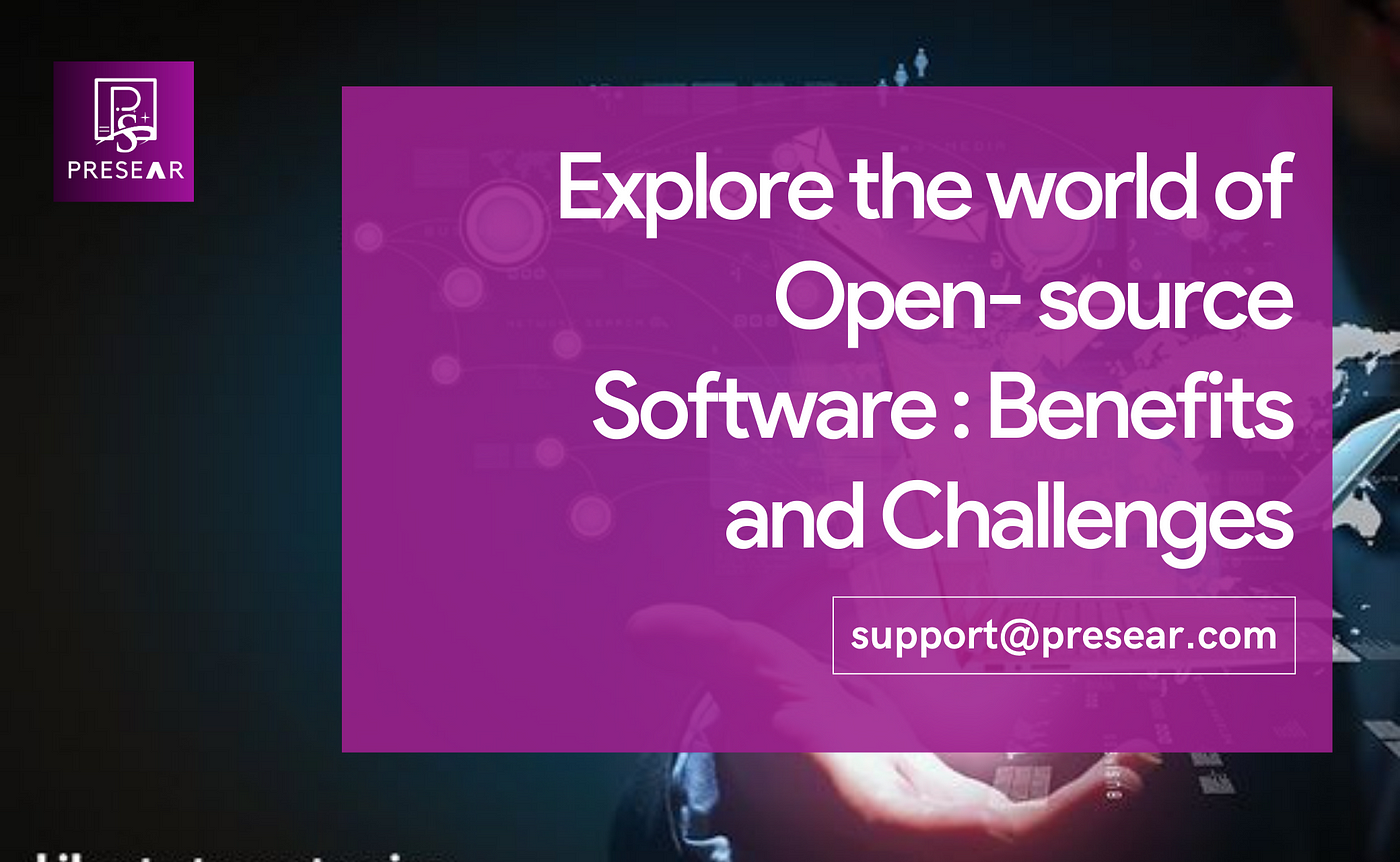Open source development is a collaborative approach to software creation where the source code is freely available for anyone to view, modify, and distribute. This model has transformed the software industry by fostering innovation, community engagement, and transparency. This article explores the world of open source development, its benefits, and how to get involved.

What is Open Source Development?
Open source development refers to the practice of creating software with openly accessible source code. Unlike proprietary software, where the code is closed and controlled by a single entity, open source projects allow anyone to contribute, review, and modify the code. This collaborative approach often leads to more robust, flexible, and innovative software solutions.
Benefits of Open Source Development
Open source development offers numerous advantages for both developers and users. Here are some key benefits:
1. Collaboration and Innovation
One of the primary benefits of open source development is the collaborative nature of the process. Developers from around the world can contribute to a project, bringing diverse perspectives and expertise. This collaboration often leads to faster problem-solving, more innovative solutions, and continuous improvement.
2. Transparency and Trust
Open source projects provide transparency, allowing users to inspect the code and understand how the software works. This transparency builds trust as users can verify that the software does not contain hidden malicious code or vulnerabilities. It also fosters a sense of community and accountability among developers.
3. Cost-Effectiveness
Many open source projects are available for free, which can significantly reduce software costs. Users can access and use the software without purchasing licenses or subscriptions. Additionally, organizations can save on development costs by leveraging existing open source solutions rather than building from scratch.
4. Flexibility and Customization
Open source software can be customized to meet specific needs. Users and developers can modify the code to add features, fix bugs, or adapt the software to different environments. This flexibility allows for greater control over how the software is used and integrated into various systems.
5. Learning and Skill Development
Contributing to open source projects offers valuable learning opportunities. Developers can gain experience by working on real-world projects, learning from others, and improving their coding skills. Open source contributions also provide a platform for showcasing expertise and building a professional reputation.
Popular Open Source Projects
Several open source projects have had a significant impact on the software industry. Here are a few notable examples:
1. Linux
Linux is one of the most well-known open source projects. It is a Unix-like operating system kernel used in various distributions, such as Ubuntu and Fedora. Linux powers servers, desktops, mobile devices, and embedded systems, making it a cornerstone of open source development.
2. Mozilla Firefox
Mozilla Firefox is an open source web browser known for its performance, security, and customization options. It is developed by the Mozilla Foundation and has a large community of contributors who help improve the browser and its features.
3. Apache HTTP Server
The Apache HTTP Server is a widely used open source web server software. It is known for its reliability, flexibility, and extensive feature set. Apache HTTP Server is maintained by the Apache Software Foundation and serves a significant portion of the web.
4. WordPress
WordPress is an open source content management system (CMS) used to create websites and blogs. It is highly customizable, with thousands of plugins and themes available. WordPress has a large community of developers and users who contribute to its development and support.
How to Get Involved
Getting involved in open source development is a great way to contribute to meaningful projects and enhance your skills. Here are some steps to get started:
1. Choose a Project
Find an open source project that interests you. Explore repositories on platforms like GitHub, GitLab, or Bitbucket. Look for projects that align with your skills and passions.
2. Understand the Project
Familiarize yourself with the project’s documentation, codebase, and community guidelines. Understanding the project’s goals and how it operates will help you contribute effectively.
3. Start Contributing
Begin by fixing bugs, improving documentation, or adding small features. Review the project’s issue tracker for tasks that need attention. Engage with the community through forums, mailing lists, or chat channels to discuss contributions.
4. Collaborate and Learn
Collaborate with other contributors, seek feedback, and learn from their experiences. Open source development is a learning process, and interacting with the community will help you grow as a developer.
Conclusion
Open source development offers a collaborative, transparent, and flexible approach to software creation. By understanding the benefits and exploring popular projects, you can appreciate the impact of open source on the software industry. Getting involved in open source development provides opportunities for learning, collaboration, and contribution, making it a rewarding experience for developers of all levels.
